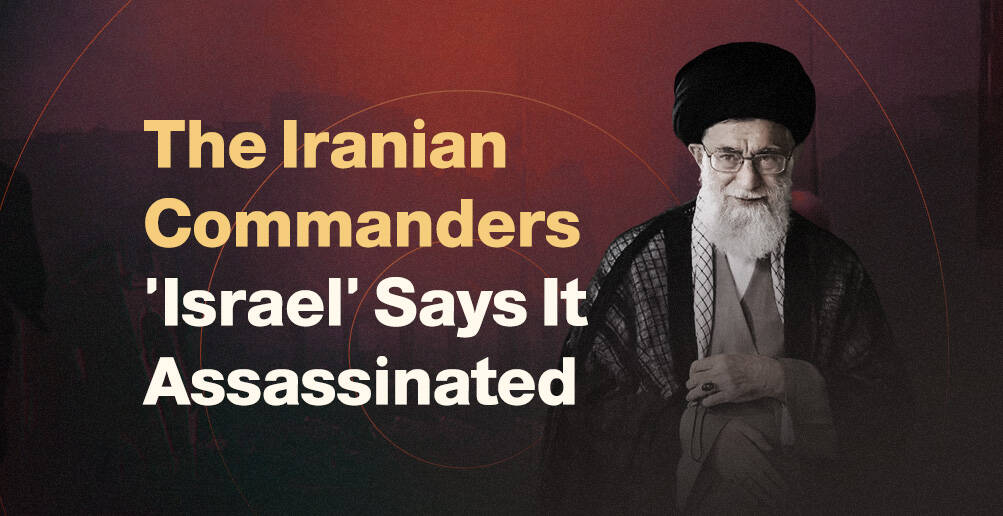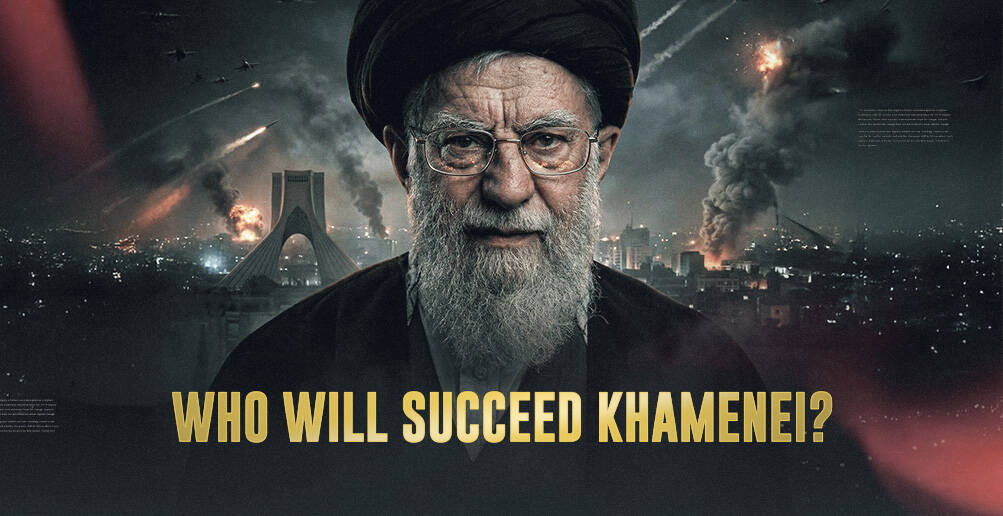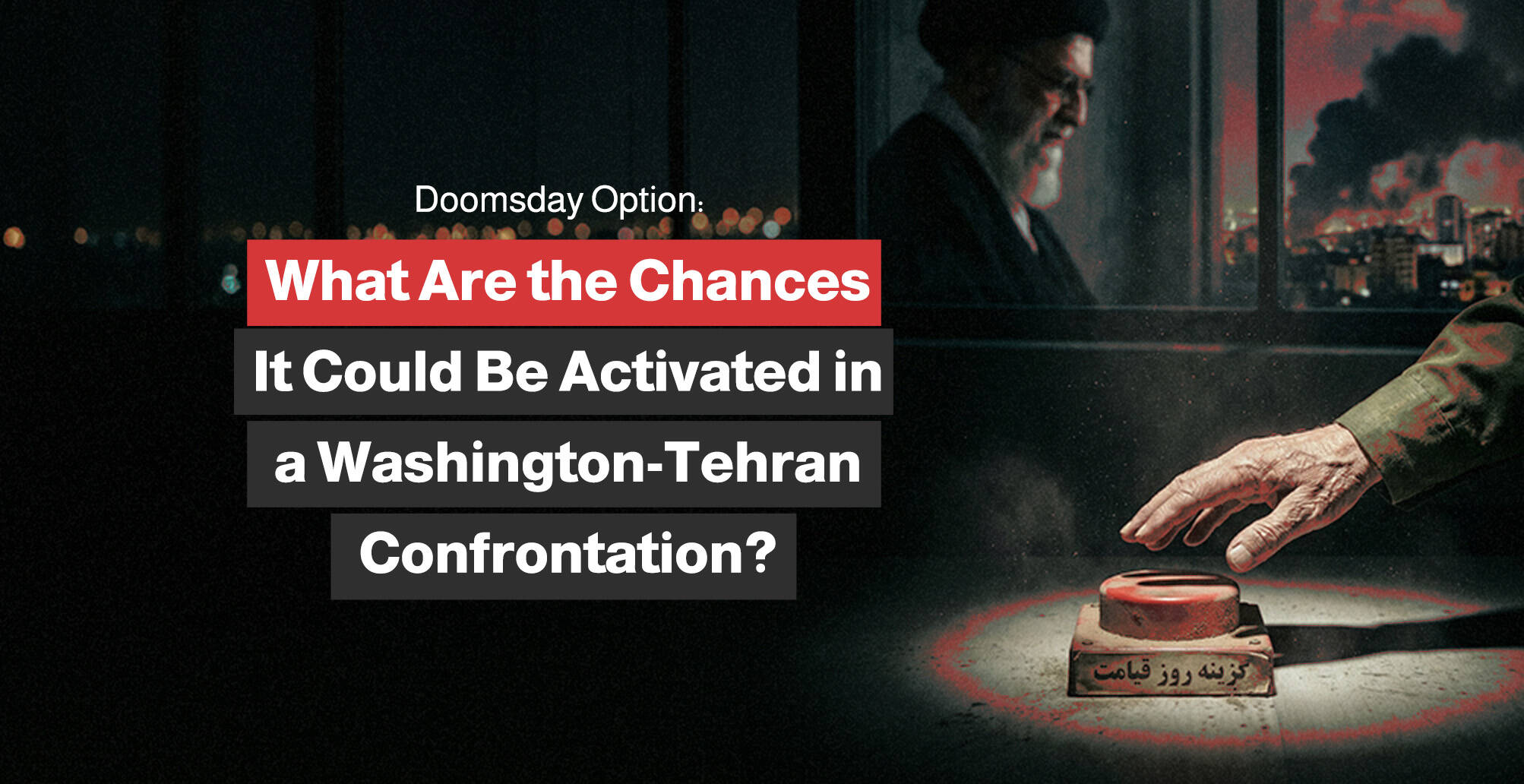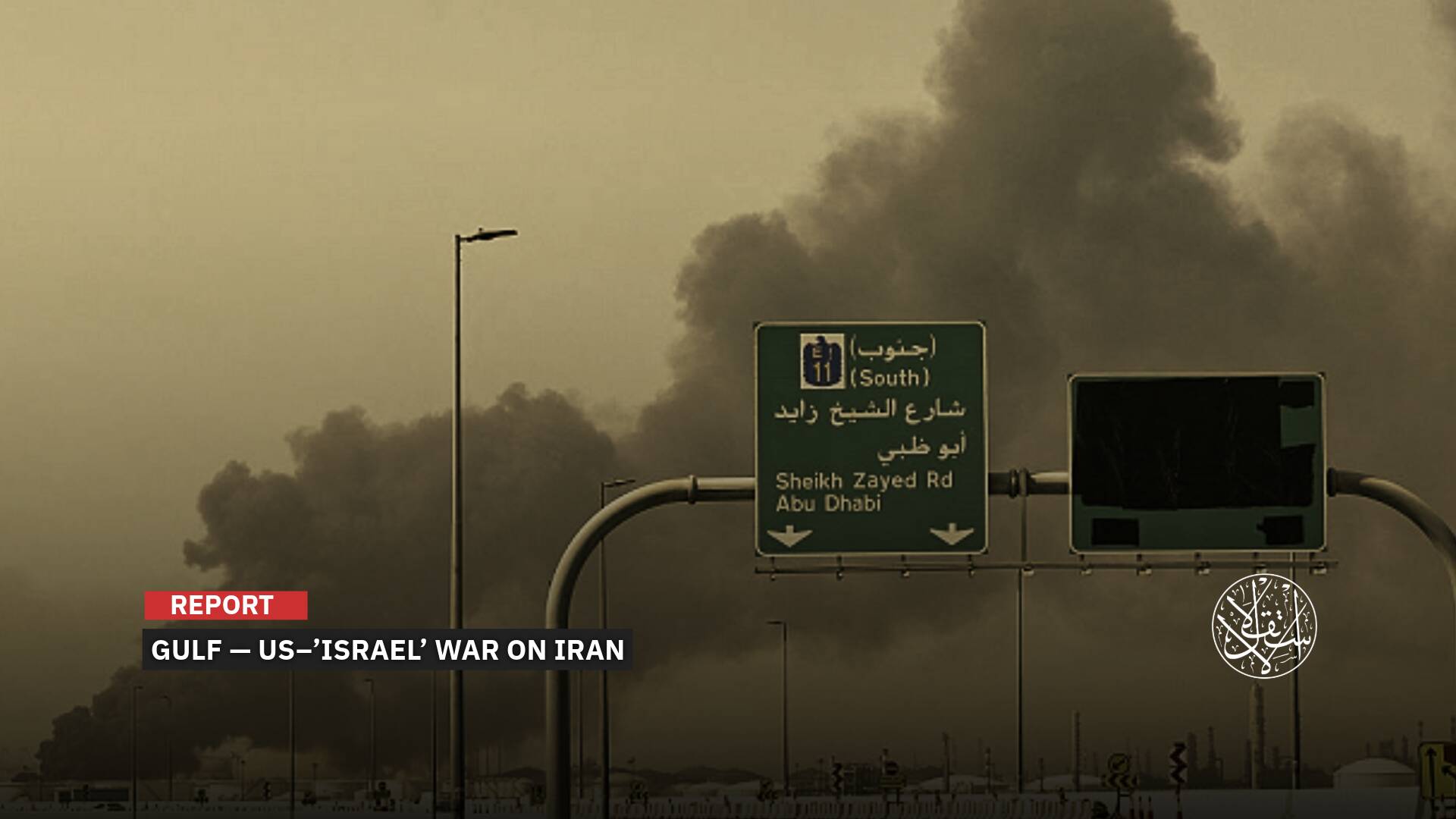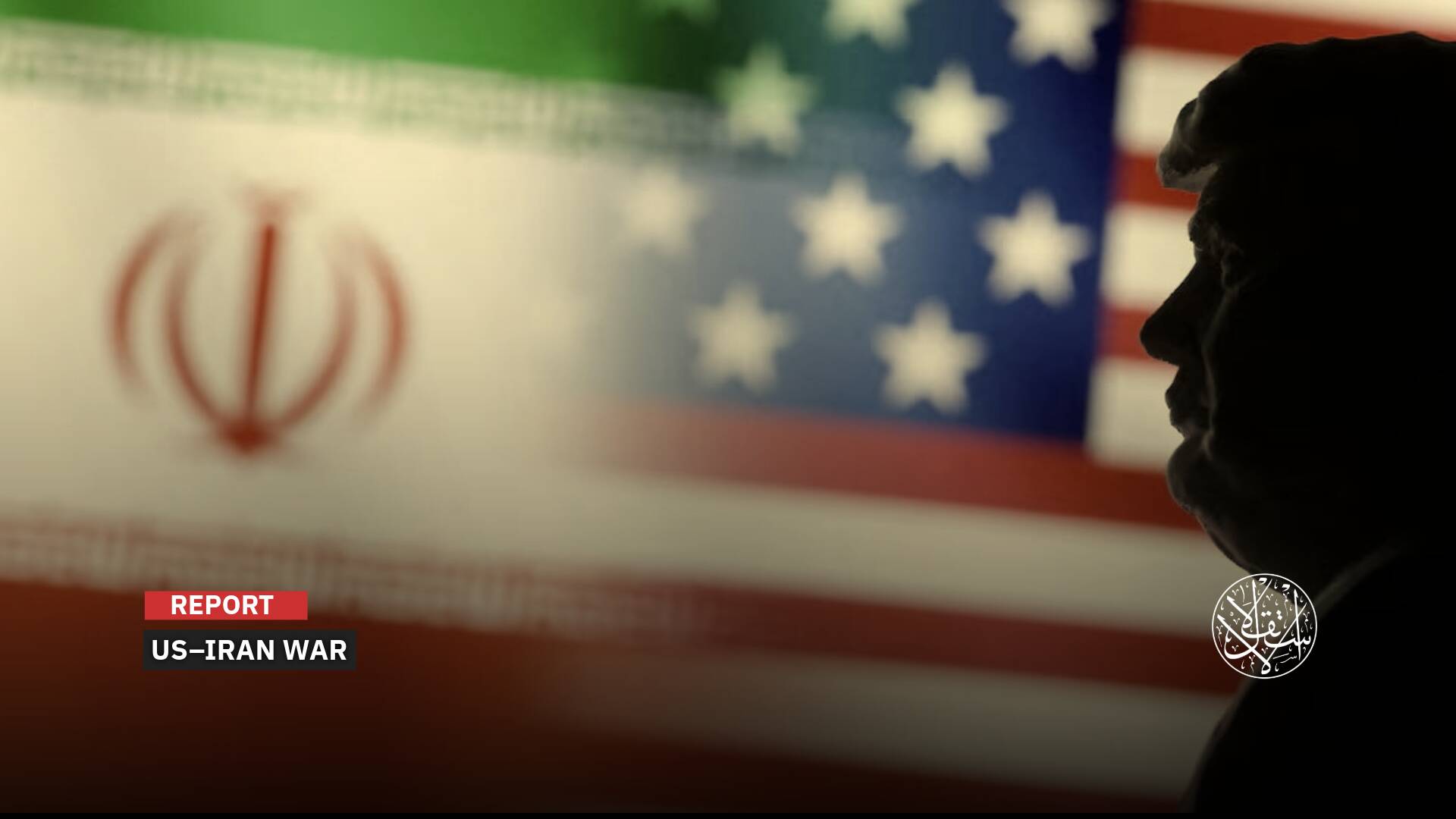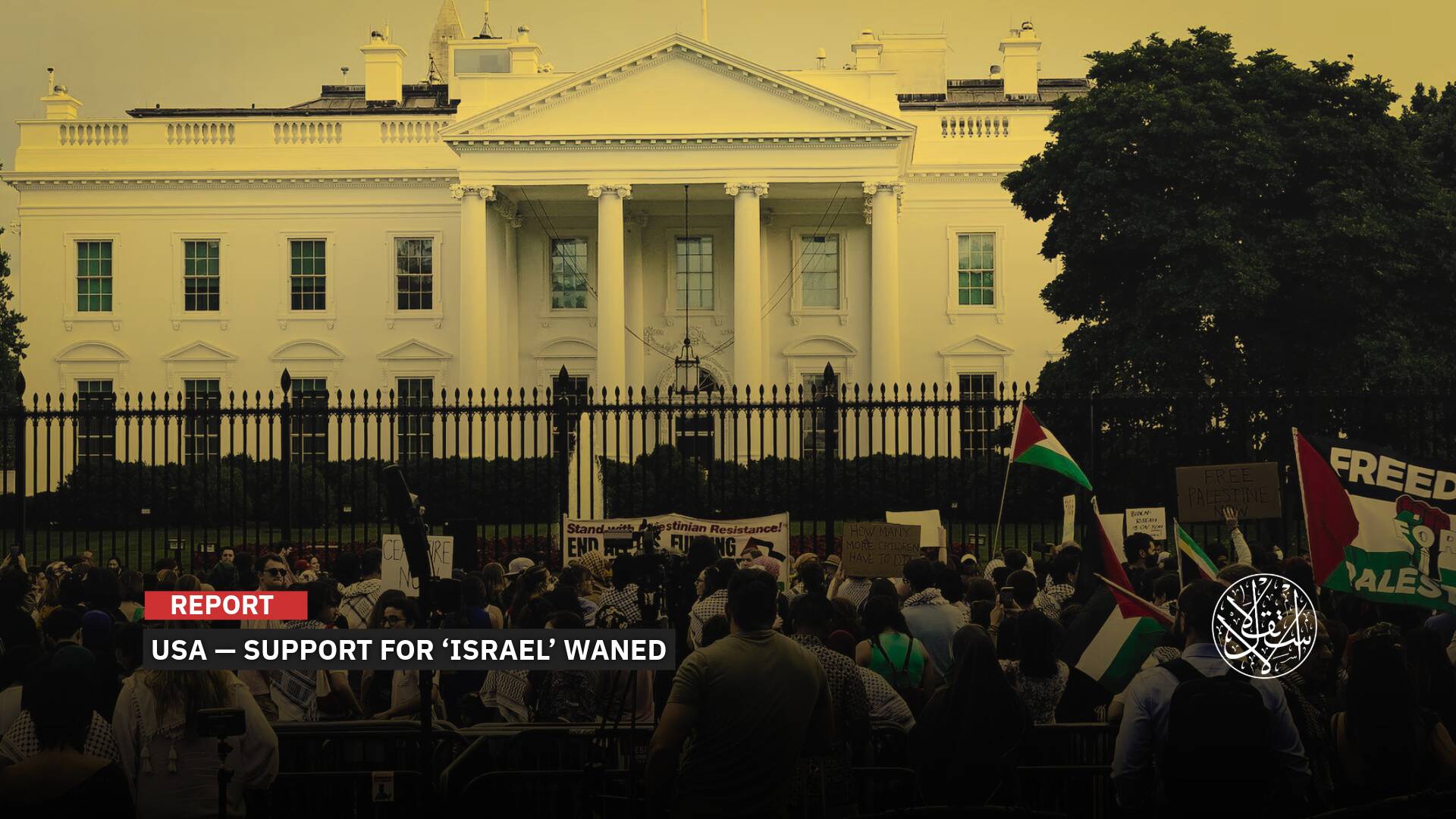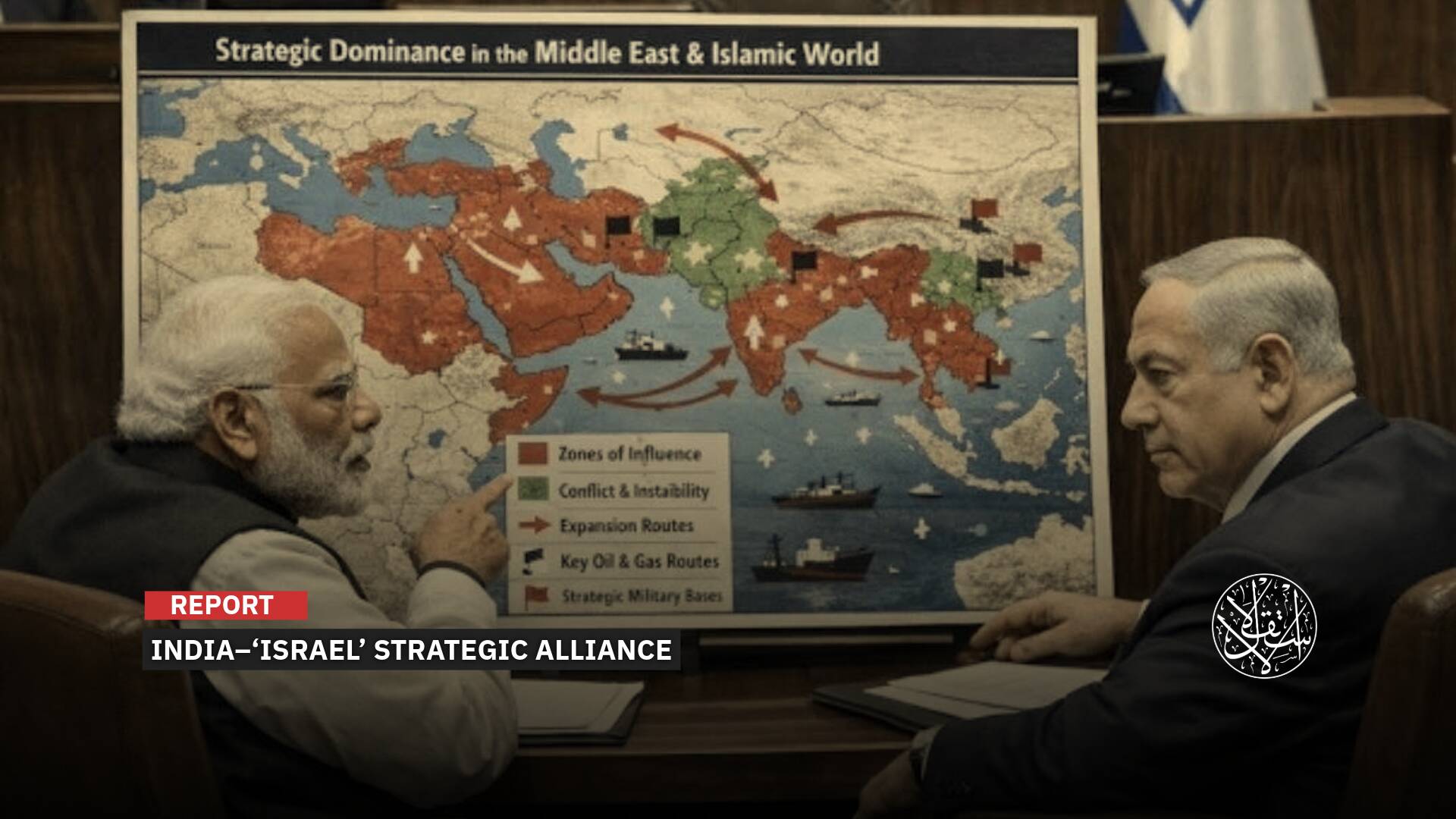Ebrahim Raisi: Iran's Eighth President Died with the Blood of Thousands on His Hands

Raisi was the eighth president of Iran since the 1979 Islamic Revolution, assuming office in 2021.
On the morning of May 20, 2024, the official IRNA news agency announced the death of President Ebrahim Raisi, Minister of Foreign Affairs Amir-Abdollahian, and their accompanying delegation in a helicopter crash in East Azerbaijan Province, in the northwest of the country.
Aboard the helicopter, along with the Iranian president and foreign minister, were Tabriz's Friday prayer leader Ayatollah al-Hashem, East Azerbaijan's governor Malek Rahmati, Brigadier General Mohammad Mehdi Mousavi, head of the Iranian president's protection unit, a member of the Revolutionary Guard, the pilot, the co-pilot, and a technical officer.
This announcement came about 15 hours after the helicopter carrying Raisi and several officials crashed following his participation with Azerbaijani President Ilham Aliyev in the opening of a dam on the border between the two countries.
Raisi was the eighth president of Iran since the 1979 Islamic Revolution, assuming office in 2021. He was also the second Iranian president to die in office; former President Mohammad-Ali Rajai was assassinated on August 30, 1981, in an attack attributed to the opposition group The People's Mojahedin Organization of Iran (PMOI).
Khamenei's Man
Raisi, who held the title Hojatoleslam, was a close associate of Supreme Leader Ali Khamenei, who is 85 years old. Raisi was a controversial figure in Iran in recent decades.
During the 1979 revolution, Raisi was barely an adult, but he quickly rose through the official ranks, becoming one of four judges accused of orchestrating the mass executions of leftists and dissidents in the 1980s.
Born in Mashhad in 1960 to a religious family, Raisi began his primary education at Hawza Ilmiyya in Mashhad. After completing his introductory studies, he moved to Qom to continue his studies in jurisprudence at the Haghani school (also Haqqani).
He also pursued academic studies at Shahid Motahari University, obtaining a Ph.D. in jurisprudence and law. In 1980, he became the public prosecutor of Karaj, west of Tehran, and five years later, he became the deputy public prosecutor in Tehran.
In 1989, he assumed the role of deputy public prosecutor in Tehran until 1994, later becoming the capital’s public prosecutor. He also served as deputy chief justice from 2004 to 2014.

In the wake of the 2009 protests in Iran, Raisi described the demonstrators in a state television interview on December 27, 2009, as "mohareb" (enemies of God) who deserved execution.
In 2019, Ali Khamenei appointed Raisi as head of the judiciary, urging him to combat "corruption." At the time of his candidacy in 2017, Raisi managed the Imam Reza Foundation for charity, which had revenues exceeding $200 billion and employed more than 19,000 people.
The foundation oversees a vast array of companies and endowments in Iran, funded by donations or assets confiscated after the 1979 Islamic Revolution. These institutions are not publicly accountable and report solely to Iran's Supreme Leader.
The Imam Reza Foundation, known as "Astan Quds Razavi" in Persian, is considered one of the largest charities in the country, owning nearly half the land in Mashhad, Iran's second-largest city.
When Raisi was appointed to the foundation in 2016, Khamenei described him as "a trustworthy person with high-level experience," leading analysts to speculate that Raisi could be groomed as a potential candidate for Iran's third Supreme Leader.
A Historical Criminal
Ebrahim Raisi's name is linked to a committee involved in the mass executions of thousands of Iranian dissidents in 1988, at the end of Iran's long war with Iraq.
Media reports indicate that following Supreme Leader Ruhollah Khomeini's approval of a UN-mediated ceasefire, armed members of the opposition group People's Mojahedin Organization of Iran, supported by Saddam Hussein, launched a surprise attack across the Iranian border.
International human rights groups estimate that up to 5,000 people were executed, while the People's Mojahedin Organization of Iran estimates the number at 30,000.
Iran ultimately repelled the attack, but it set the stage for summary retrials of political prisoners, militants, and others known as the "Death Committees." Raisi reportedly served on a committee that sentenced prisoners to death.
Iran has never acknowledged the executions, apparently carried out on Khomeini's orders, although some argue that other senior officials were actually responsible in the months leading up to his death in 1989.

In 2016, members of the family of the late Hussein Ali Montazeri, the designated successor to Khomeini and one of the leaders of the Iranian revolution, released an audio recording in which he criticized the executions, calling them "the greatest crime in the history of the Islamic Republic." Montazeri had summoned four members of the Tehran death committee to his home in Qom on August 15, 1988.
In the audio recording of this meeting, Montazeri said, "It was the beginning of the month of Muharram; I asked the presence of Hossein Ali Nayeri [religious judge], Morteza Eshraghi [prosecutor], Ebrahim Raisi [then deputy prosecutor], and Mostafa Pourmohammadi [representative of the Ministry of Intelligence], and I told them: 'It is the month of Muharram now; at least stop the executions during Muharram.'
"You have committed the greatest crime in the Islamic Republic, for which history will condemn us, and your names will be recorded as 'criminals of history.'"
Following the massacre of political prisoners, Khomeini praised Ebrahim Raisi and assigned him several tasks through a decree issued on January 1, 1989.
The decree stated, "Since I have received numerous reports of judicial weakness, and the people of Iran expect a more serious approach to various issues, you [Nayeri] and Mr. Raisi are assigned to a judicial task to review reports from the cities of Semnan, Sirjan, Islam Abad, and Dorud. Regardless of administrative complexities, God's order must be executed accurately and swiftly in these matters.”
Twenty days after Raisi's assignment, Abdul Karim Mousavi Ardebili, then head of the Supreme Judicial Council, reported on the results of the "judicial mission" during Friday prayers on January 20, 1989, stating, "Judgments were issued within 24 hours. Four people were executed, two hands were amputated, and three people were imprisoned."
In a letter to the Supreme Judicial Council on January 21, 1989, Khomeini wrote, "All cases that have remained stagnant in the council until today, and we are astonished by this delay in executing God's order, must be given to Hojatoleslam Nayeri and Raisi to implement God's order as quickly as possible. No further delay is permissible."
Sources
- Ebrahim Raisi, whose name has been linked to mass executions, is running for the Iranian presidential elections [Arabic]
- Report: “Participant in death committee executions” after the Iraq war advances to the Iranian presidency [Arabic]
- Iran announces the death of President Ebrahim Raisi and his companions following their plane crash [Arabic]


